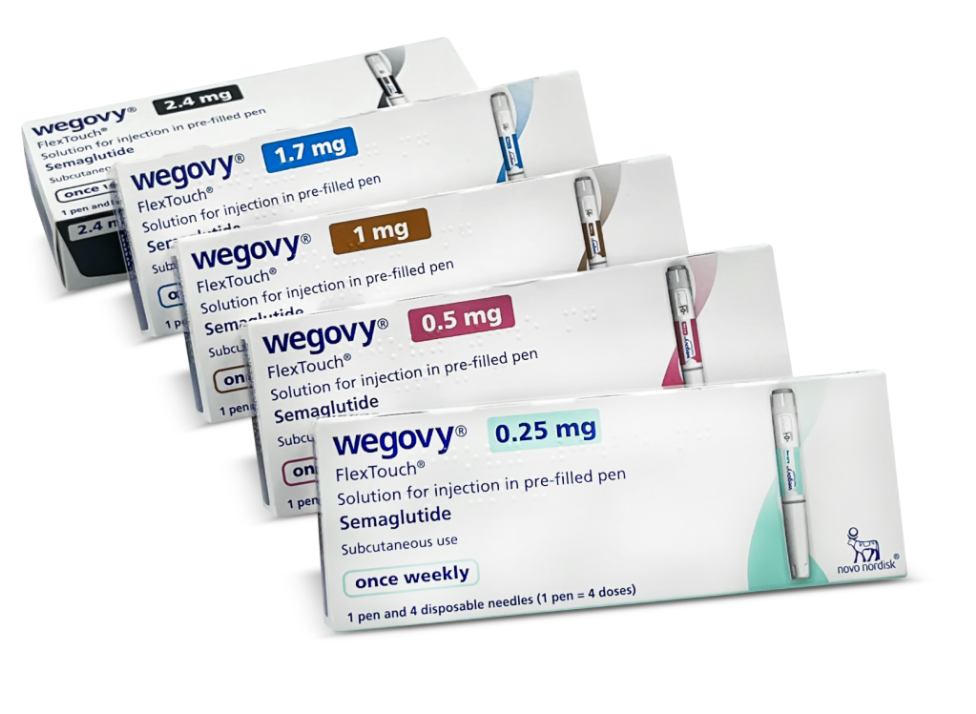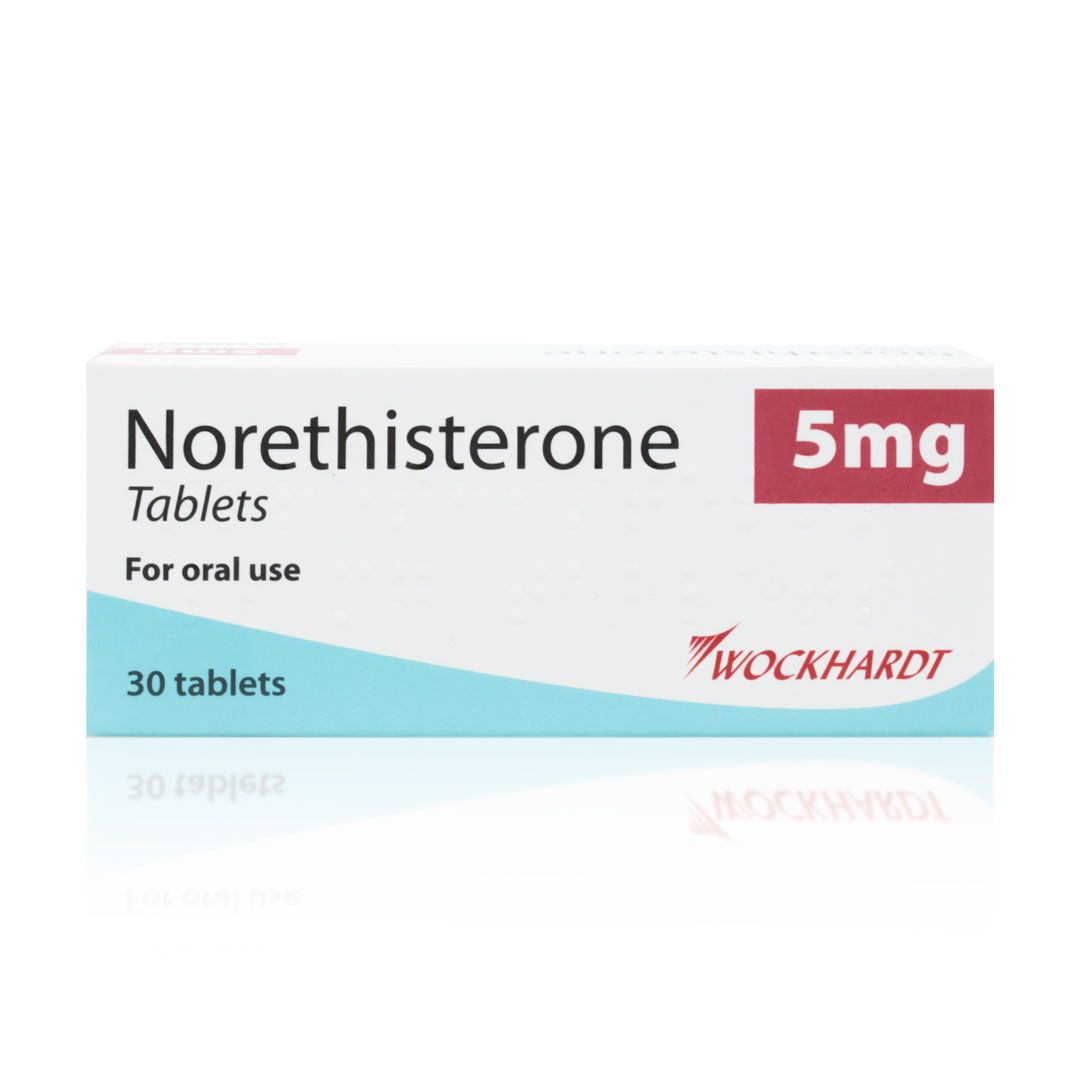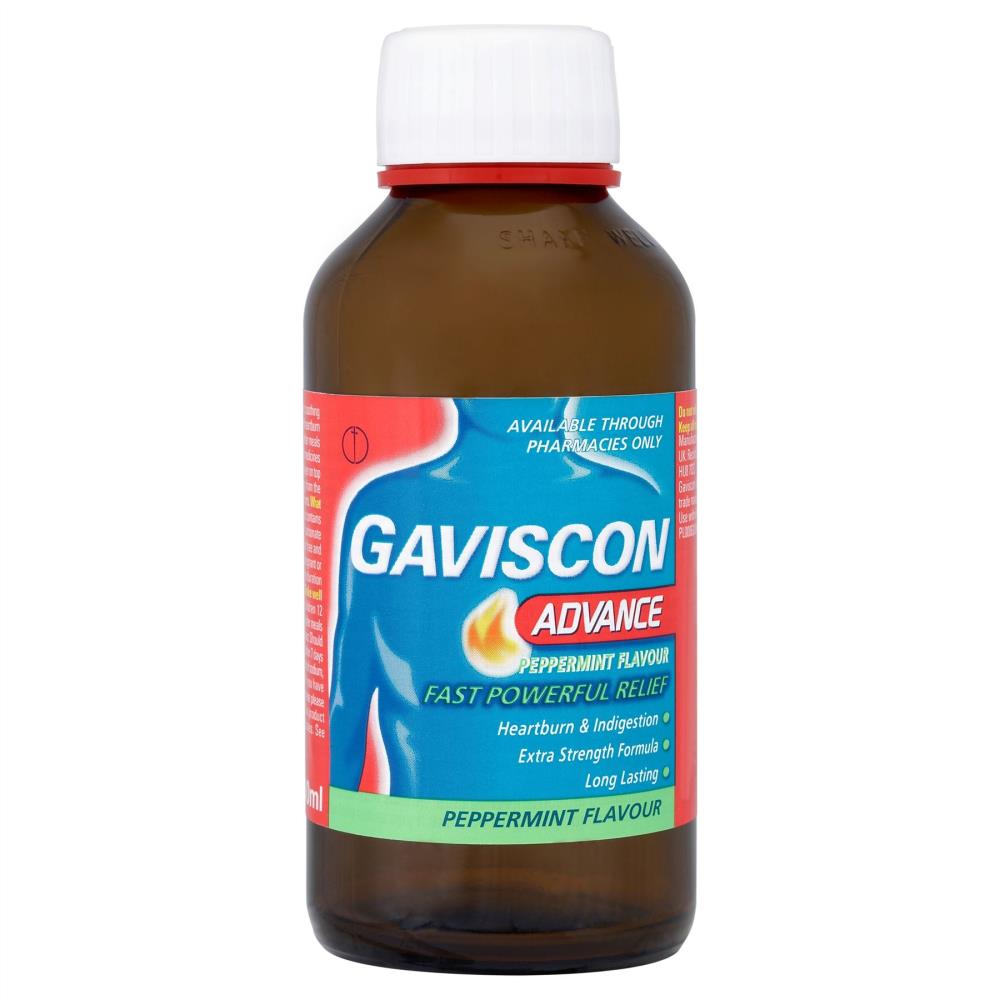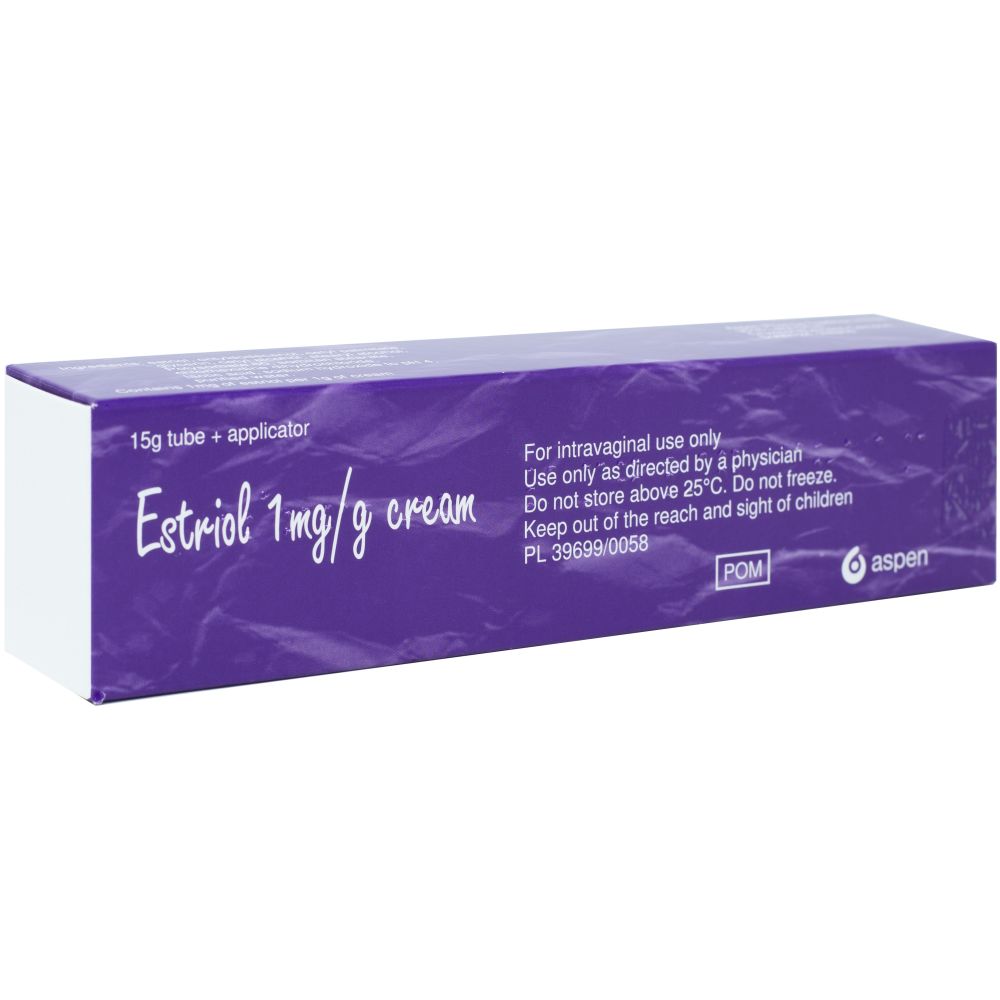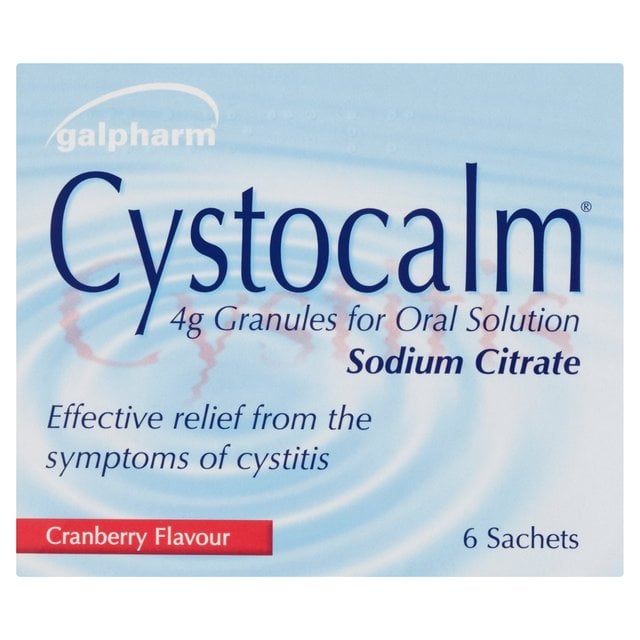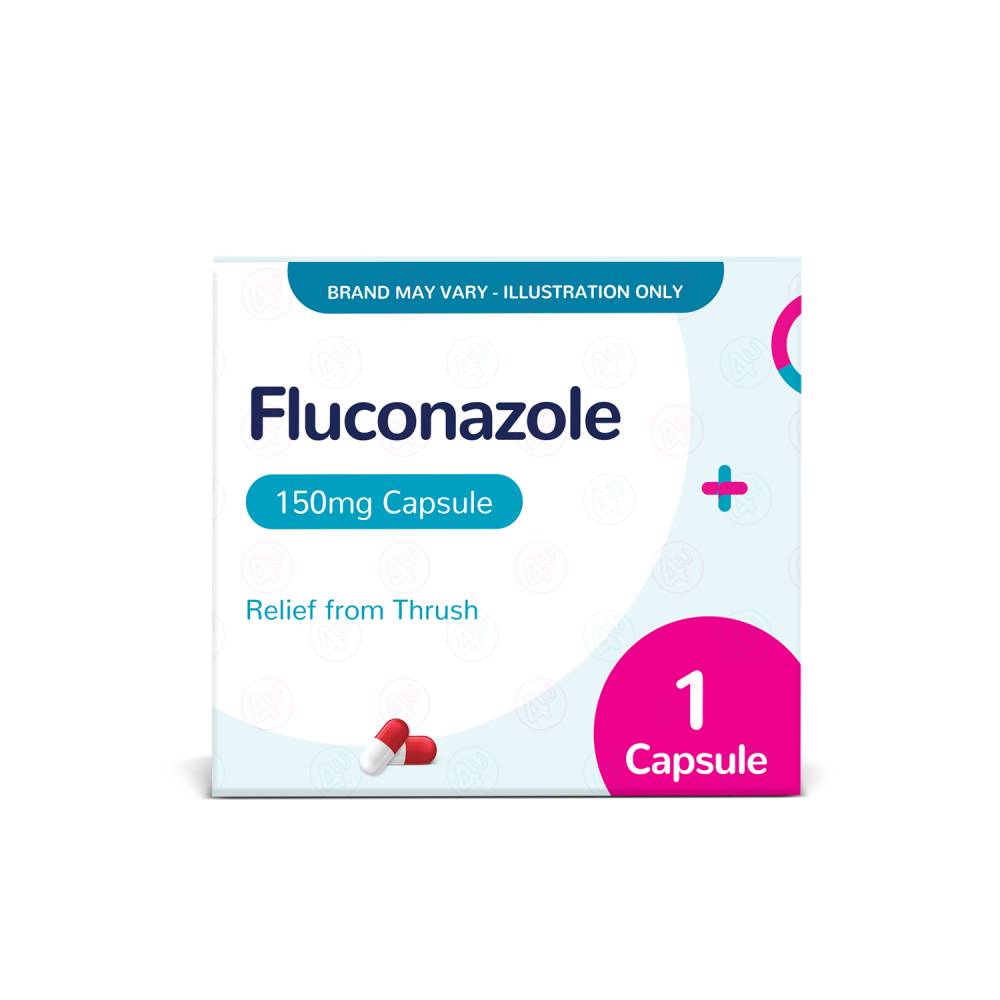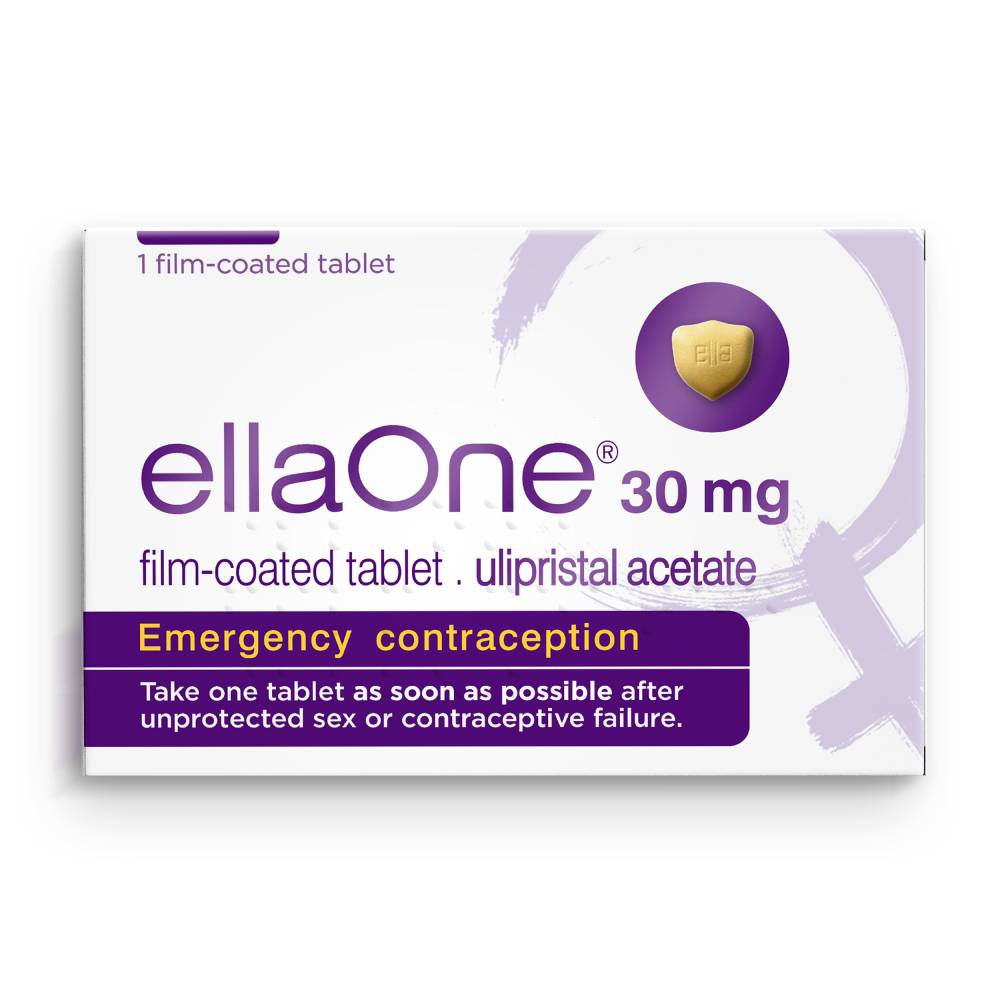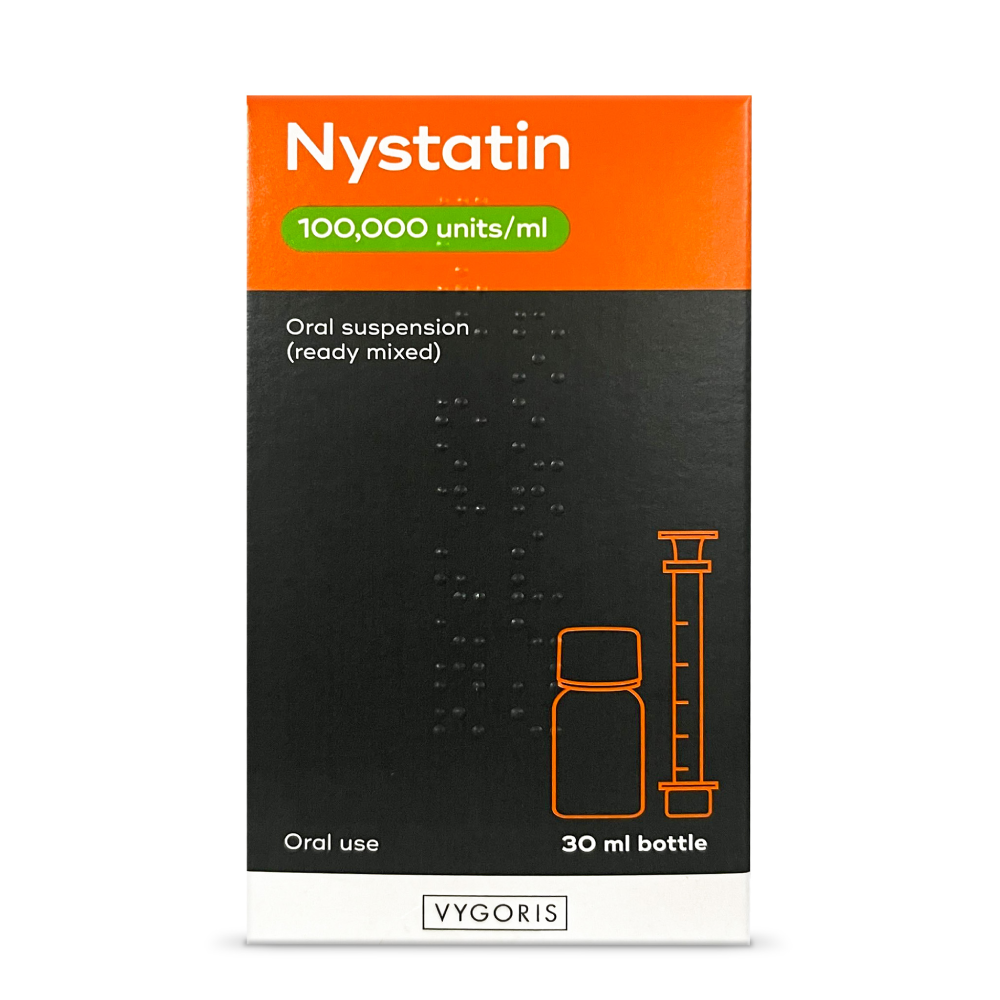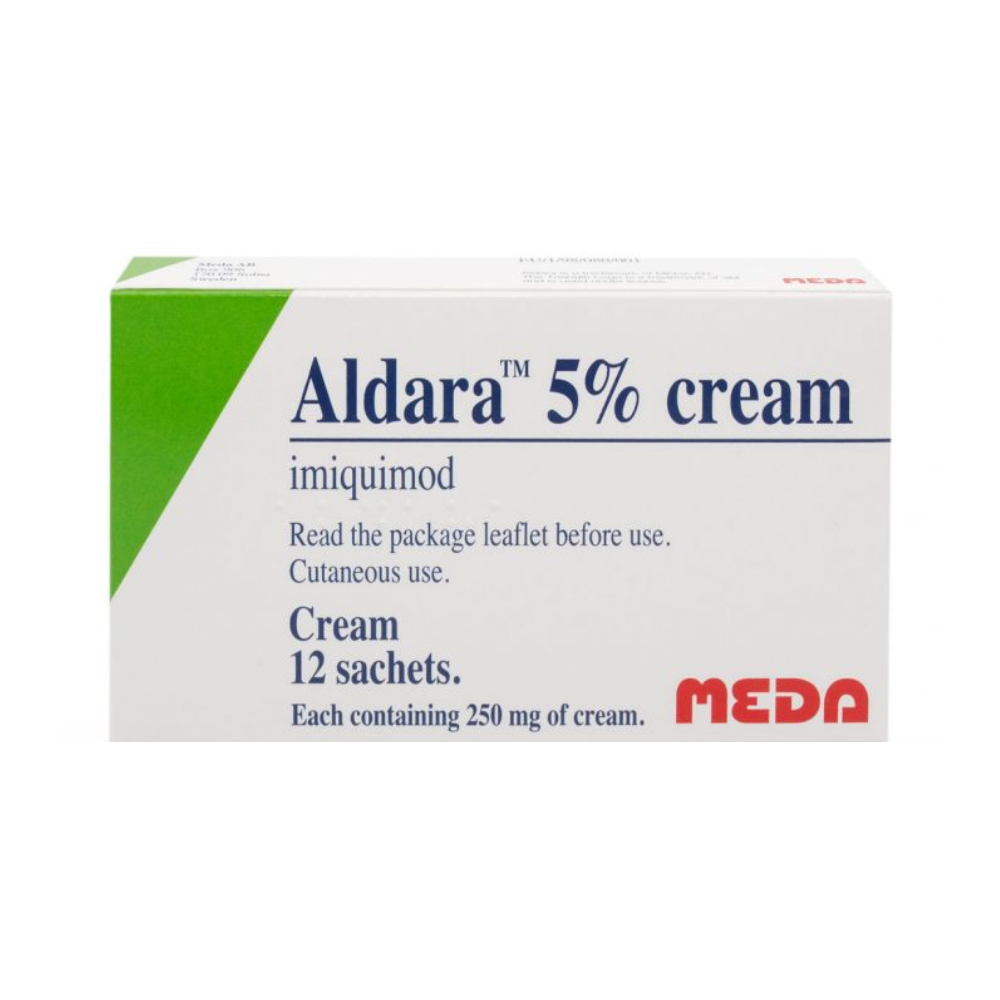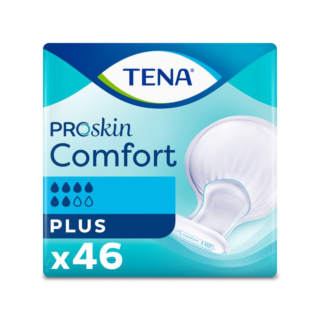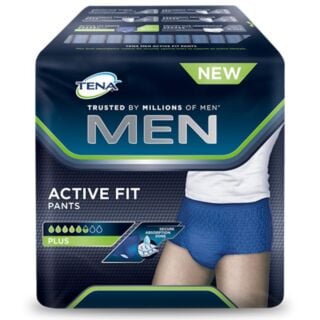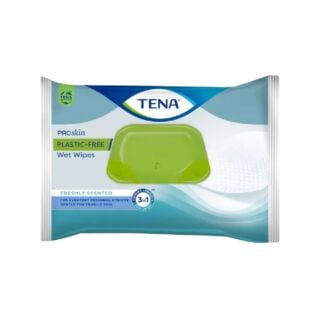Urinary Incontinence
Urinary incontinence is the unvoluntary leaking of urine which can occur due to a variety of different problems with your urinary system.1,6 … Read More See less
Your urinary system is made up of many different organs that work together to filter, store and remove waste from your body as pee.1 When this system works as normal, you have time to get to a bathroom to pee.1 However, if the system malfunctions, it can cause you to leak urine.1
What is urinary incontinence?
Urinary incontinence is the unvoluntary leaking of urine which can occur due to a variety of different problems with your urinary system.1,6
Your urinary system is made up of many different organs that work together to filter, store and remove waste from your body as pee.1 When this system works as normal, you have time to get to a bathroom to pee.1 However, if the system malfunctions, it can cause you to leak urine.1
Types of urinary incontinence
There are a few different types of urinary incontinence with varying causes, characteristics and triggers, including:1,2,7
- Stress incontinence – when urine leaks out if your bladder is under pressure, for example, when you cough, laugh, sneeze, run, jump or lift heavy objects
- Urgency incontinence – when you have a sudden, intense need to pee that causes you to leak pee before you can get to a bathroom. This type of urinary incontinence is often caused by an overactive bladder
- Overflow incontinence (chronic urinary retention) – when you're unable to fully empty your bladder when you pee and this causes you to leak. You’re most likely to have overflow incontinence if you have a stroke, diabetes or an enlarged prostate
- Mixed incontinence – when you have a variety of different types of urinary incontinence, like stress incontinence and urgency incontinence
- Total incontinence – when your bladder can’t store any urine at all, meaning you pass urine constantly or have frequent leaking
When to see a GP
If you have any form of urinary incontinence, you should make an appointment to speak to your GP.2 Urinary incontinence should not cause embarrassment; your GP will have met many people with the condition.2
They will want to know what symptoms you’re struggling with and either do a pelvic or rectal examination (depending on whether you have a vagina or a penis) so they can identify the type of urinary incontinence you have.2 Once they know this, they will be able to arrange an appropriate treatment plan.
Urinary incontinence symptoms
The primary symptom of urinary incontinence is being unable to hold your pee and leaking before you can make it to a bathroom.1,8 You may leak only a small amount of pee or a lot, drip constantly or leak sporadically.1
Other symptoms of urinary incontinence include:1,8
- Frequent urination (peeing more than eight times a day)
- Only peeing a small amount when you to go to the bathroom
- Waking up to pee more than twice in the night (nocturia)
- Wetting the bed
- Leaking pee when there’s pressure on your bladder or during sex
Conditions that can cause urinary incontinence
Urinary incontinence is caused when the process of storing and passing urine is disrupted.9 However, the specific causes of this disruption are unique to each type of urinary continence:9,10
Stress incontinence
Stress incontinence is caused when the pressure inside your bladder becomes greater than your urethra’s (the tube that passes urine out of your body) ability to stay closed. This may occur if your pelvic floor muscles or your urethral sphincter (the ring of muscle that keeps your urethra closed) are weak or damaged.
These muscles can be damaged or weakened by:
- Giving birth vaginally
- Excess pressure on your pelvic tissues due to pregnancy or obesity
- Pelvic and vaginal surgeries, such as a hysterectomy or removal of the prostate gland
- Neurological conditions that affect the brain and spinal cord, such as parkinson's disease or multiple sclerosis
- Connective tissue disorders, such as Ehlers-Danlos syndrome
- Certain medications, such as angiotensin-converting enzyme (ACE) inhibitors and alpha blockers
- A chronic cough caused by smoking
- Constipation
- Declining oestrogen levels, due to menopause
Urgency incontinence
The urgent need to pee can be caused by a problem with the detrusor muscles in the walls of your bladder. These relax to allow the bladder to fill with urine and contract to let urine out.
If they contract too often it can create an urgent need to go to the toilet. This is known as having an overactive bladder.
Your detrusor muscles may contract too often due to:
- Drinking too much alcohol or caffeine
- Drinking too much or too little fluid
- Constipation
- Smoking (nicotine can aggravate the bladder)
- Recurrent urinary tract infections (UTIs)
- A urinary tract obstruction (such as bladder stones)
- Diabetes
- Neurological conditions, such as Parkinson’s disease, multiple sclerosis, stroke, or spinal cord injuries
- Certain medications, such as sympathomimetics, antidepressants, oral hormone replacement therapy and diuretics
Overflow incontinence
Overflow incontinence is often caused by a blockage in your bladder which prevents you from being able to empty it completely. At the same time, pressure from the urine left in your bladder builds up behind the obstruction, causing frequent leaks.
Your bladder can be obstructed by:
- An enlarged prostate gland (if you have a penis)
- Bladder stones
- Constipation
Another reason your bladder may not empty completely is if your detrusor muscles don’t fully contract. This can cause the bladder to become stretched.
Your detrusor muscles may not fully contract if:
- Your nerves are damaged, for example, because of surgery to part of your bowel or a spinal cord injury
- You're taking certain medications, such as ace inhibitors, antihistamines, antimuscarinics, beta-adrenergic agonists, calcium channel blockers, opioids, and sedatives/hypnotics
Total incontinence
Total incontinence can be caused by:
- A problem with your bladder from birth
- A spinal cord injury
- A bladder fistula (a small hole that can form between the bladder and a nearby area, such as the vagina)
Risk factors for urinary incontinence
Factors that increase your risk of developing urinary incontinence include:9,11
- Gender – because of pregnancy, childbirth, menopause and the female anatomy, women are more likely to have stress incontinence. However, men who have prostate gland problems are at an increased risk of urge and overflow incontinence
- Age –as you get older, the muscles in your bladder and urethra lose some of their strength and your bladder can’t hold as much fluid. As a result, urinary incontinence becomes more common in middle age and is very common in people over 80 years old
- Being at a higher weight –extra weight can increase the pressure on your bladder and surrounding muscles
- Smoking –tobacco use may increase your risk of urinary incontinence
- Genetics –if a close family member has urinary incontinence, especially urge incontinence, you have a higher risk of developing the condition
- Certain health conditions – some neurological diseases and diabetes can increase your risk of incontinence
How to treat urinary incontinence
Your treatment will depend on the type of urinary incontinence you have and the severity of your symptoms. Also, if your incontinence is caused by an underlying condition, this may be treated alongside your incontinence.
At first, a GP may suggest you make some changes to your lifestyle to improve your symptoms.3 These include:3,12
- Drinking less caffeine, as this can increase the amount of urine your body makes
- Drinking more or less each day than you normally do
- Losing weight
- Pelvic floor muscle training (Kegel exercises; squeezing your pelvic floor muscles, holding the squeeze for two seconds, relaxing and repeating 10 times)
- Bladder training (waiting longer between getting the urge to pee and peeing)
- Using female urinary incontinence pads, pads for male urinary incontinence and incontinence pants
If lifestyle changes don’t improve your symptoms, your GP may recommend surgery.3 However, you may not be a suitable candidate for surgery or may want to avoid an operation. In this case, they may recommend medication.3
Urinary incontinence medications
Medications for urinary incontinence include:1,3
- Duloxetine – helps to increase the muscle tone of the urethra. Duloxetine needs to be taken twice a day and can cause side effects like nausea, dry mouth, fatigue and constipation
- Antimuscarinics (anticholinergics) – such as oxybutynin, tolterodine, darifenacin. These need to be taken two to three times a day, or used as a skin patch, and can cause side effects like dry mouth, fatigue, constipation and blurred vision
- Mirabegron and vibegron – these cause the bladder muscles to relax. They usually need to be taken once a day and can cause side effects like constipation, diarrhoea, nausea and headaches
- Desmopressin – sometimes used to treat nocturia by helping to reduce the amount of urine produced by the kidneys
- A loop diuretic – also used to treat nocturia by causing you to pee more often during the afternoon so that you’ve got rid of excess fluid by the time you go to bed
Surgeries and other procedures
Urinary incontinence can be treated using procedures such as:1,4
- Colposuspension – when the neck of your bladder is lifted to prevent leaks due to stress incontinence
- Sling surgery – when a sling is placed around the neck of the bladder to support it and prevent urine from leaking
- Vaginal mesh surgery – where a strip of mesh is inserted behind your urethra to support it and prevent leakage
- Urethral bulking agents – a substance that's injected into the walls of the urethra in people with a vagina who have stress incontinence to increase the size of the urethral walls and allow the urethra to stay closed
- Artificial urinary sphincter – when an artificial urinary sphincter is fitted. This procedure is used more often in people with a penis than people with a vagina
- Botulinum toxin a (botox) – injections that can relax your bladder for several months
- Sacral nerve simulation – your sacral nerves are located at the base of your back and carry signals from your brain to the muscles that help you control when you pee. If you have urge incontinence due to your detrusor muscles contracting too often, a device may be inserted near one of your sacral nerves to improve the way messages are sent between your brain and your detrusor muscles
- Posterior tibial nerve simulation – your posterior tibial nerve contains nerve fibres that start from the same place as nerves that run to your bladder and pelvic floor. It's thought that stimulating the tibial nerve can affect these other nerves and help control the urge to pee. To do this, a mild electrical current is sent through the skin of your ankle via a thin needle over 12 sessions of 30 minutes
- Augmentation cystoplasty – when your bladder is made bigger by adding a piece of your intestine into your bladder wall. This can result in you needing to use a catheter, so it’s not a very common treatment
- Urinary diversion – when the tubes that lead from your kidneys to your bladder (ureters) are redirected to the outside of your body so your urine can be collected in a bag
- Clean intermittent catheterisation (CIC) – when you’re taught how to pass a catheter through your urethra and into your bladder so urine can flow through the catheter and into the toilet. This is used to treat overflow incontinence
- Indwelling catheterisation – when a catheter is inserted in the same way as CIC but left in place
Sources
- https://my.clevelandclinic.org/health/diseases/17596-urinary-incontinence
- https://www.nhs.uk/conditions/urinary-incontinence /
- https://www.nhs.uk/conditions/urinary-incontinence /treatment/
- https://www.nhs.uk/conditions/urinary-incontinence /surgery/
- https://cks.nice.org.uk/topics/incontinence -urinary-in-women/background-information/prevalence/
- https://www.ncbi.nlm.nih.gov/books/NBK559095/
- https://cks.nice.org.uk/topics/incontinence -urinary-in-women/background-information/definition/
- https://www.nhs.uk/conditions/urinary-incontinence /symptoms/
- https://www.nhs.uk/conditions/urinary-incontinence /causes/
- https://cks.nice.org.uk/topics/incontinence -urinary-in-women/background-information/causes-contributing-factors/
- https://www.mayoclinic.org/diseases-conditions/urinary-incontinence /symptoms-causes/syc-20352808
- https://www.nhs.uk/conditions/urinary-incontinence /10-ways-to-stop-leaks/

Free delivery when you spend over £30

100% discreet delivery for every item ordered

Fully regulated UK pharmacy
What is incontinence associated dermatitis (IAD)?
Incontinence associated dermatitis, also known as IAD, is a skin condition that happens in people with incontinence.
When you have urinary or faecal incontinence, your skin will regularly come into contact with a lot of moisture, which can cause irritation. This makes your skin sensitive, sore, and more vulnerable to damage.
Over time, IAD can cause pressure ulcers or moisture lesions to appear in the skin, so effective skincare is a must.
What is incontinence?
Incontinence typically refers to urinary incontinence, a common problem that occurs when you pass urine without meaning to.
There are different types of incontinence, including:
- - Stress incontinence: when your bladder leaks when it's under pressure, like when you cough or laugh
- - Urge incontinence: when there is a sudden leaking of urine followed by an intense urge to empty your bladder
- - Overflow incontinence: when you can’t fully empty your bladder, resulting in leaking
- - Total incontinence: when you can’t store any urine at all, causing you to frequently use the toilet or experience leaking
What is urinary incontinence?
Urinary incontinence is a common problem and occurs when you pass urine without meaning to.
There are different types of incontinence, including stress incontinence when your bladder leaks when it's under pressure, like when you cough or laugh; urge incontinence is when there is a sudden leaking of urine, followed by an intense urge to empty your bladder.
Overflow incontinence is when you can’t fully empty your bladder, resulting in leaking, while total incontinence is when you can’t store any urine at all, causing you to frequently use the toilet or experiencing leaking.
It's also possible to have a mixture of different types.
What are the best incontinence products?
One of the best and most popular products used for incontinence are absorbent pads that are worn inside of the underwear to absorb leaked urine.
They have the same material as babies’ nappies, so your skin stays dry.
There are different types of incontinence pads, ones for mild to moderate leakage, and ones if you suffer from severe leakage.
You can also get incontinence bedding and washable bed pads that are placed on top of the mattress to soak up any leaked urine - they’re also useful for any trips away from home.
Are incontinence pads available on prescription?
You may be able to get incontinence pads and other equipment to help manage your symptoms depending on the severity of your bladder incontinence.
You should book an appointment with your GP or other healthcare professional so they can assess you and see if you’re eligible for a free NHS prescription.
Is bladder weakness an early sign of pregnancy?
Bladder weakness is common during and after pregnancy.
Your bladder sits above your pelvic bones and is supported by your pelvic floor; throughout the day it relaxes and fills with urine throughout the day and the sphincter keeps it closed until you can use the toilet.
During your pregnancy and childbirth, your pelvic floor muscles will be strained, resulting in bladder weakness.
What are the symptoms of bladder problems in men?
Bladder problems tend to be more common in women due to the stress the pelvic floor goes under during things such as pregnancy and childbirth, but this isn’t to say that men can’t develop bladder problems, too.
Men can develop these problems because of the prostate gland that surrounds the opening of the bladder.
The prostate will get bigger as you age, and when it gets too big, you may start to experience problems with urination, a slower urine stream, and issues with not being able to fully empty your bladder.
What are the treatment options for bladder weakness?
The options you have to treat bladder weakness depend on the type of incontinence you have and how serious your symptoms are.
Treatments that don’t require medicines or surgery are tried first, such as lifestyle changes, bladder training and pelvic floor muscle training, also known as Kegel exercises.
If these treatments don’t work, your doctor may wish to discuss surgery options with you, but these are usually the last resort.

